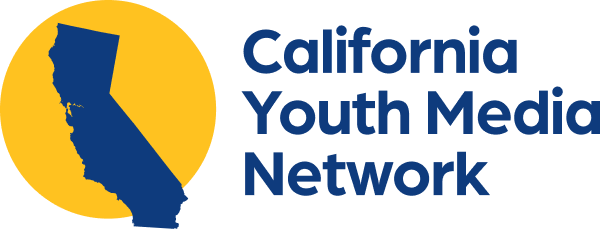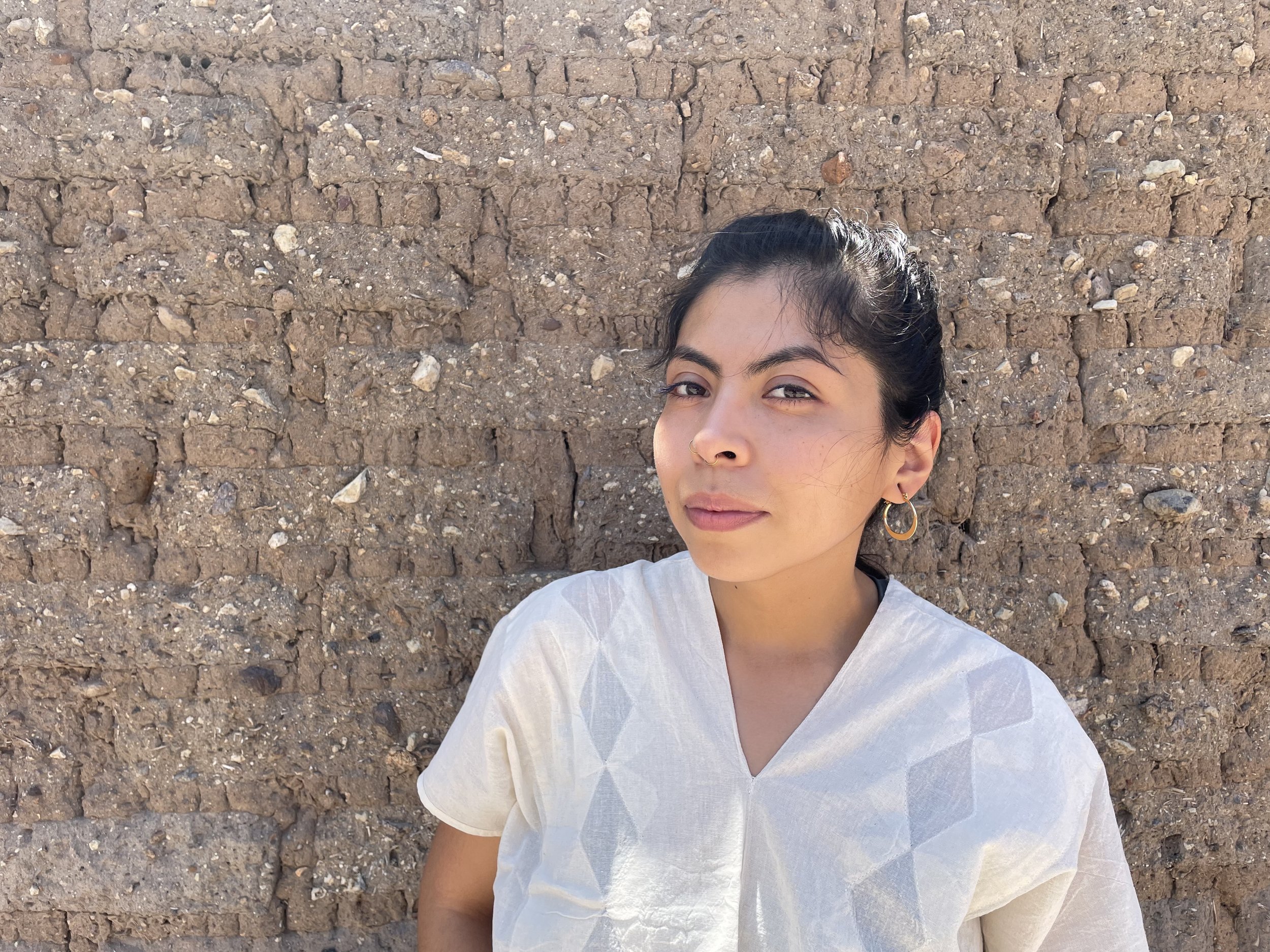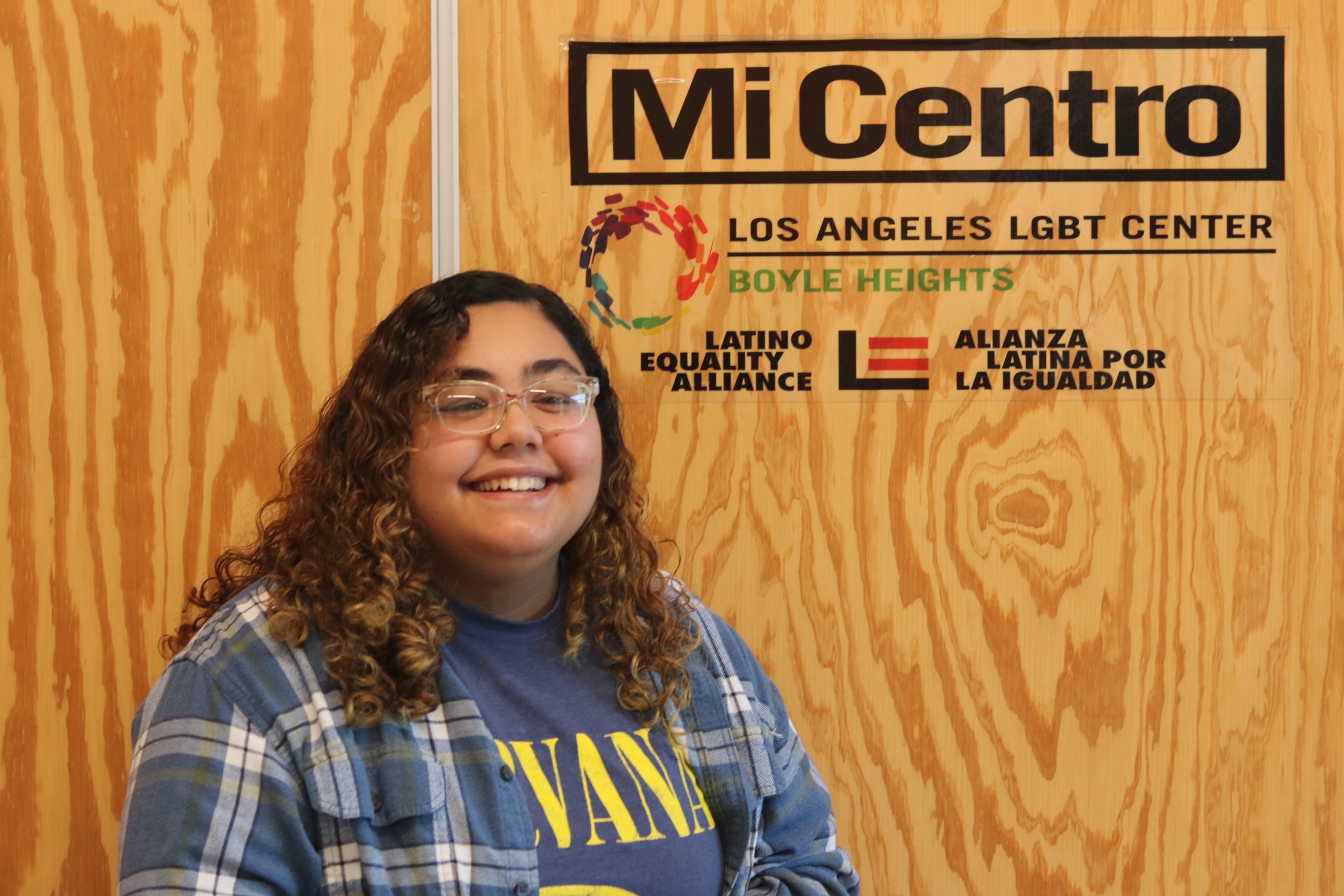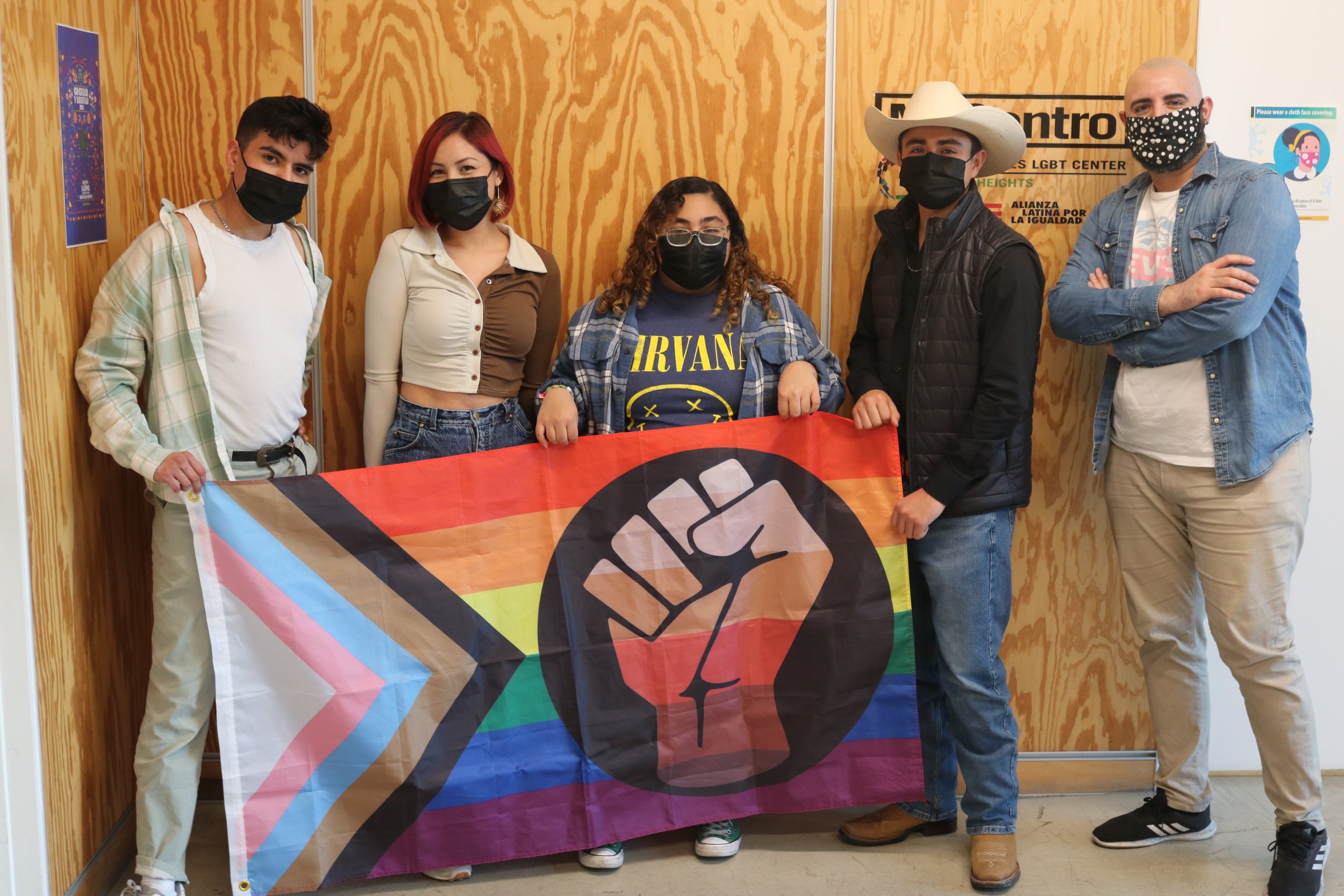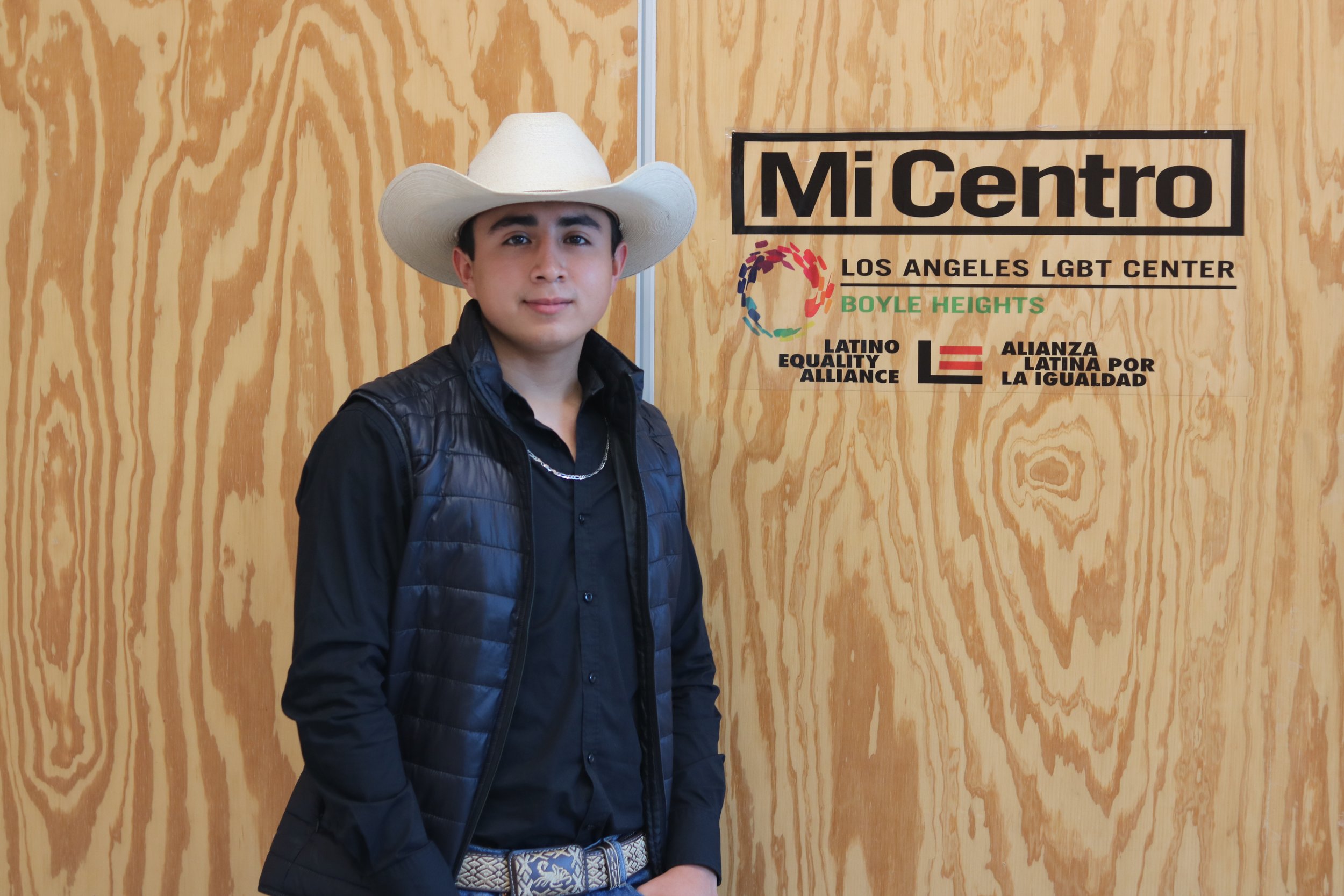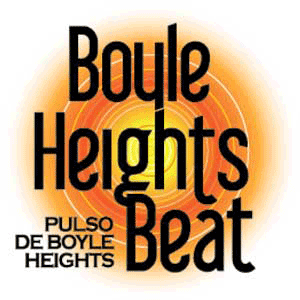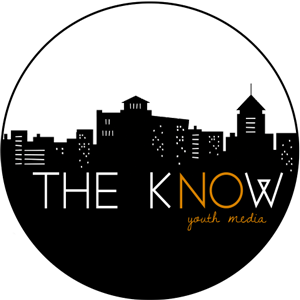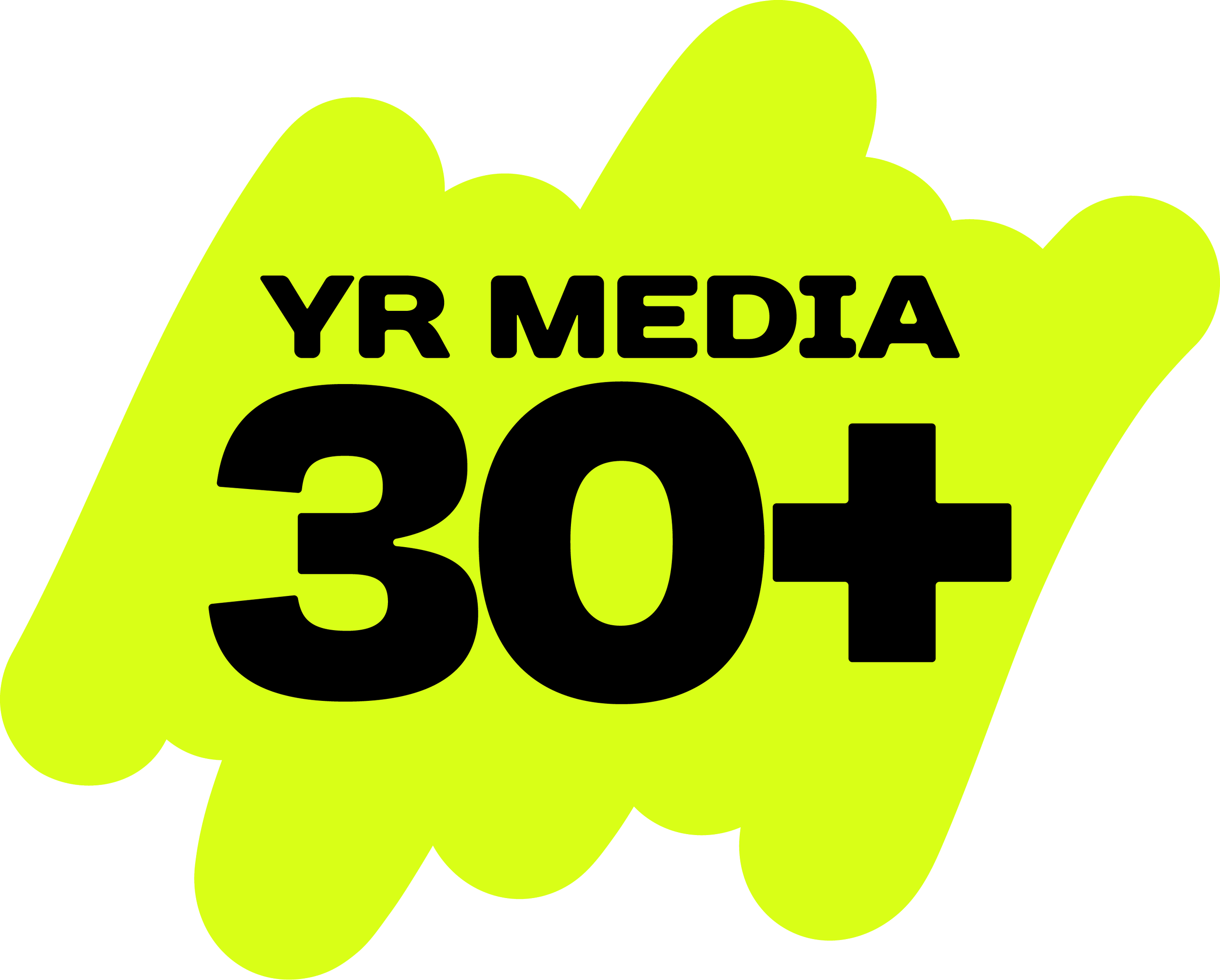Learning to live with Covid and regaining some semblance of what life used to be.
Entrepreneurs Re-evaluate, Build Community in South LA
While the COVID-19 pandemic caused the loss of jobs for many, it also prompted others to start new businesses. According to the Census Bureau, the highest number ever of new businesses were created in the U.S. during 2020 —more than 4.4 million new businesses. That was a 24% increase from the previous year.
For some, Covid provided both the time and space to re-evaluate and focus on opportunities and goals that were important to them. As a result, the Zapatistas-inspired Pueblo Café was born. Three young entrepreneurs are using the age-old co-op model to help change a traditional exploitative work system while building a community in the South Los Angeles neighborhood they were raised in.
“From Chiapas to South Central, we envision un mundo donde quepan muchos mundos (a world where many worlds fit).” Boyle Height Beat’s Katlyn Valdez reports on the coffee pop up.
Ellie Guzman, Pueblo Café co-founder
Why Pueblo Café? For me, Pueblo Café is a resistance tactic. It’s a means to create alternatives to current business models, sustain a community-run space in the midst of gentrification and build & strengthen bridges among our neighbors/comrades.
Kevin Martinez, Pueblo Café co-founder
Why Pueblo Café?
Simply put: “It takes the hood the save the hood.” With Pueblo Café, we hope to create a space that is by the community for the community. One that is safe and honors the local mom and pops businesses that have served us for many years. I believe that South Central deserves coffee that is not just affordable and tasty, but also high-quality because our people deserve that and more.
Jazmin Garcia, Pueblo Café co-founder
Why Pueblo Café?
This cooperative is forming out of the love we have for our community. It’s about creating spaces that empower us while pushing back on the systems that exploit people. It’s about showing each other love when we need a little extra boost or a comforting warm cup on the more difficult days. Coffee reminds me of sitting with my family in the evening, it reminds me of comfort, and it reminds me of my family’s roots. I’m looking forward to sharing a cup with you all and learning what coffee means to you.
New College Grads Struggle to Find Work
Twenty-three-year-old Sofia Matzaganian spends 4-5 nights a week bussing tables at a busy pizzeria in Hollywood. She recently took a second job working a reservation desk at another restaurant.
After graduating last spring from California State University Long Beach with a Bachelor of Arts in Journalism, this was not what she thought she’d be doing
Matzaganian earned about 16 dollars an hour but from bussing tables can earn up to $100 a night in tips. She lives in the Highland Park area of East Los Angeles and lives with three roommates.
“It’s the only way to survive and live on your own in Los Angeles,” she said. The 2021 graduate said she now appreciates the fact that she went to community college first, which gave her the chance to discover what she wanted to do without spending thousands of dollars and creating a huge amount of debt.
While she heard about a job market with a lot of possibilities, it hasn’t been her experience. Matzaganian said she took the restaurant job to earn some money and continues searching for jobs in her field on Indeed and company websites.
Matzaganian said that graduating during a pandemic, has complicated her job search.
“It’s really hard to get a job these days,” Matzaganian said. “I thought there would be a lot more [jobs] than there are. Like, there's kind of a shortage of jobs, but there's not.”
Many other recent college graduates share the same struggle. An April 2021 release from the U.S Bureau of Labor Statistics showed that in October 2020, 67.3% of graduates that received a bachelor’s degree in 2020 were employed, a decrease from 76% in October 2019.
“It's kind of just a discouraging thing, because I worked really, really hard in college, and I didn't want to still be doing like bussing or waiting tables,” she said.
Matzaganian had a remote internship with Simon Wolff, a luxury CBD brand, right before she graduated, where she created social media, wrote blog posts and newsletters.
But she said she felt like she missed the opportunities to interact and network in person.
“Even though I loved my internship and the people that I work with were great, there was a disconnect,” she said. “Everything was done on email or text messages and things got lost in translation. I never got to physically be in an office, so I feel like that's something that I definitely missed out on.”
Senior Director for Career Engagement at the University of Southern California, Lori Shreve Blake, understands the struggle for young graduates and agrees that the hiring process for recent graduates has definitely been different than for those who graduated before the pandemic.
“They were going through the hiring and instead of doing it in person, they were doing it virtually,” said Shreve Blake. “And then once they selected the candidate, the candidate never came to the office; they were onboarding that employee virtually. So all that was totally new.”
Matzaganian hoped to land a job in social media marketing after graduation but said it had been difficult getting to the interview stage. For the hundreds of jobs she applied to, she usually doesn’t even get a rejection.
“My biggest frustration is not really knowing how to stand out on a resume,” she said. “I know like in an interview, I’d be really great.”
Another issue in the job market seems to be the experience needed to get an entry-level job.
Of the approximate four million jobs posted on LinkedIn, the large job search and networking platform, nearly 35% of job listings for “entry-level” opportunities asked for three or more years of prior work experiences. For certain careers, it’s even more difficult. More than 60-percent of listings for entry-level software and technology services jobs require at least three or more years of experience.
Shreve Blake said job applicants shouldn’t be discouraged about not having the years of experience listed in job descriptions.
“Don't feel like you've got to meet every criterion of that job description in order to apply. It's not the job seeker’s job to qualify you, to screen you in or out, it's the hiring manager.” She also says networking is the best strategy to help land the job you desire.
“Bottom line is jobs come through networking, one person leads to the next person, so if you start to network and meet people in the organization you want to work for work, even if you don't have the [experience], and they like you, you can get the job.”
Shreve Blake said that she does believe, however, that there are plenty of opportunities for recent college graduates and that networking is the best strategy to land jobs.
Pandemic Woes Amplify LGBTQ+ Youth Challenges
Mental health struggles among youth have been on the rise for more than a decade. According to national surveys, in 2019 one in three high school students, and 50% of female students, reported feelings of sadness or hopelessness – a 40% increase from 10 years prior.
Add to that the pandemic.
Along with its high death tolls, stay-at-home orders, fluctuating safety guidelines and overall life-changing impacts, COVID-19 has amplified an already pressing issue and contributed to unprecedented challenges for today’s young people — especially those who identify as LGBTQ+.
Late last year the Surgeon General issued Protecting Youth Mental Health, an advisory illustrating how a public crisis in the United States may be more dire for those already facing additional challenges. According to the advisory, youth who may be more prone to mental health challenges include racial and ethnic minorities, LGBTQ+ youth and those living in immigrant households. Queer people of color or from immigrant families — those who fall in more than one or all of the groups — are at even greater risk.
For many LGBTQ+ youth, the coronavirus made the effort to find their identities and acceptance even more difficult. Without outside support or safe spaces, the pandemic contributed to even more isolation and despair.
“COVID’s like a nagging thing in the back of your head that you have to deal with, knowing it might never go away – that your life has changed forever and nothing will ever be exactly the same,” said Xitlali Mendoza, a 16-year-old junior at Felícitas and Gonzalo Méndez High School in Boyle Heights.
Mendoza said that due to the pandemic she missed out on her quinceñera and Sweet 16 birthdays, two things she grew up looking forward to. It also made her feel lonely.
Mi Centro, part of the Los Angeles LGBT center, offers youth a safe space in Boyle Heights. Xitlali Mendoza (left), a junior at Felicitas and Gonzalo Mendez High school, says COVID has changed her life forever. Joshua Modesto, 18, (right) said COVID was isolating and led to depression. Photo Credit: Jaqueline Ramirez
“I wasn’t really in the position to go out and interact with other supportive queer people,” she said.
Alvin Lopez, a health educator for Bienestar, a Los Angeles non-profit that works with queer Latino youth in Los Angeles, said a lot of young people have come to him crying, saying they feel alone because of the pandemic.
“It’s very easy to get depressed when you’re in a situation like the one we’re in now, especially when you’re trying to understand who you are while being isolated in a home where you might not feel supported, ” said Lopez.
According to The Trevor Project’s 2021 National Survey on LGBTQ Youth Mental Health, more than 80% of the 35,000 people surveyed stated that COVID-19 made their living situation more stressful, with 70% stating their mental health was “poor” during most of the pandemic. Forty-two percent reported seriously considering attempting suicide in the past year.
Eighteen-year-old Joshua Modesto, a student at Theodore Roosevelt High School in Boyle Heights, was living in Mexico when the pandemic started and encountered several obstacles. There weren’t resources to even get tested. And Modesto said his neighborhood was not very accepting. As a result, he had to hide who he was.
“Things really began to affect me when I was alone in my house and didn’t want to go out much because of COVID,” Modesto said. “I began thinking of all of [the] problems I had in the past when I was younger, and it depressed me a lot.”
Even before COVID, for many Latinos growing up LGBTQ+ can prove to be a difficult and isolating experience. One reason according to Lopez mental health treatment is often stigmatized and looked down upon in the Latino community. Another reason is the limited accessibility to counseling at many schools.
Los Angeles’ Latino Equality Alliance (LEA), the non-profit that operated the Mi Centro LGBTQ+ center in Boyle Heights, has been a safe space for queer and trans Latinos since 2015.
Mi Centro provided a meeting place for youth and adults, but the pandemic shut most public places down. LEA development coordinator Yesenia Mendoza said the novelty of online learning and programming quickly faded.
“Something that we didn’t realize is that a lot of queer youth really crave safe spaces that are physical, over virtual ones,” said Mendoza. “A lot of Latinx youth aren’t open at home, so they like going to physical spaces that are queer-friendly in order to feel safe and supported. There hasn’t been a lot of that since Covid.”
Seventeen-year-old Doris Coronel, a senior at Esteban Torres High School who identifies as gender non-binding and whose preferred pronouns are they/them, said they felt like they missed out on a lot of things and felt the constraints of not being able to meet with others.
“There’s not a lot of space you can go to get support without it being really draining,” they said. “There are some [places] to help you, but it doesn’t feel the same. It’s all behind a screen. When you are in-person, it makes the connection feel more real.”
Mendoza said she believes the added stress of COVID made it difficult for some youth, who are searching for their own personal identities, to get through most days.
“When it comes to your mental health, your identity is everything,” said Mendoza. “That’s who you are, that’s who you carry. If you don’t have a sense of confidence in your identity, it can be really easy to feel alone. It affects all aspects of your life, so not having a handle on it can really put your whole world in shambles.”
She hopes that once we get through the winter and the latest spike of cases, things will slowly return to normal and youth can once again find the in-person support they need.
Coronel said that after struggling during the first year of the pandemic, in 2021 they got more involved in their community, became president of their school’s pride club, and also joined an art and running club. While they said they spent most of their youth not knowing who they were or what they wanted to be, they now have it more figured out.
“The pandemic was really rough for a lot of people, but it helped me better understand my gender identity,” said Coronel. “There’s good and bad that comes with every situation in life.”
The New Normal is a collaboration between Boyle Heights Beat, The kNOw, VoiceWaves and YR Media from the California Youth Media Network. The work was produced by a team of young journalists from Fresno, Long Beach, Los Angeles and Oakland.
